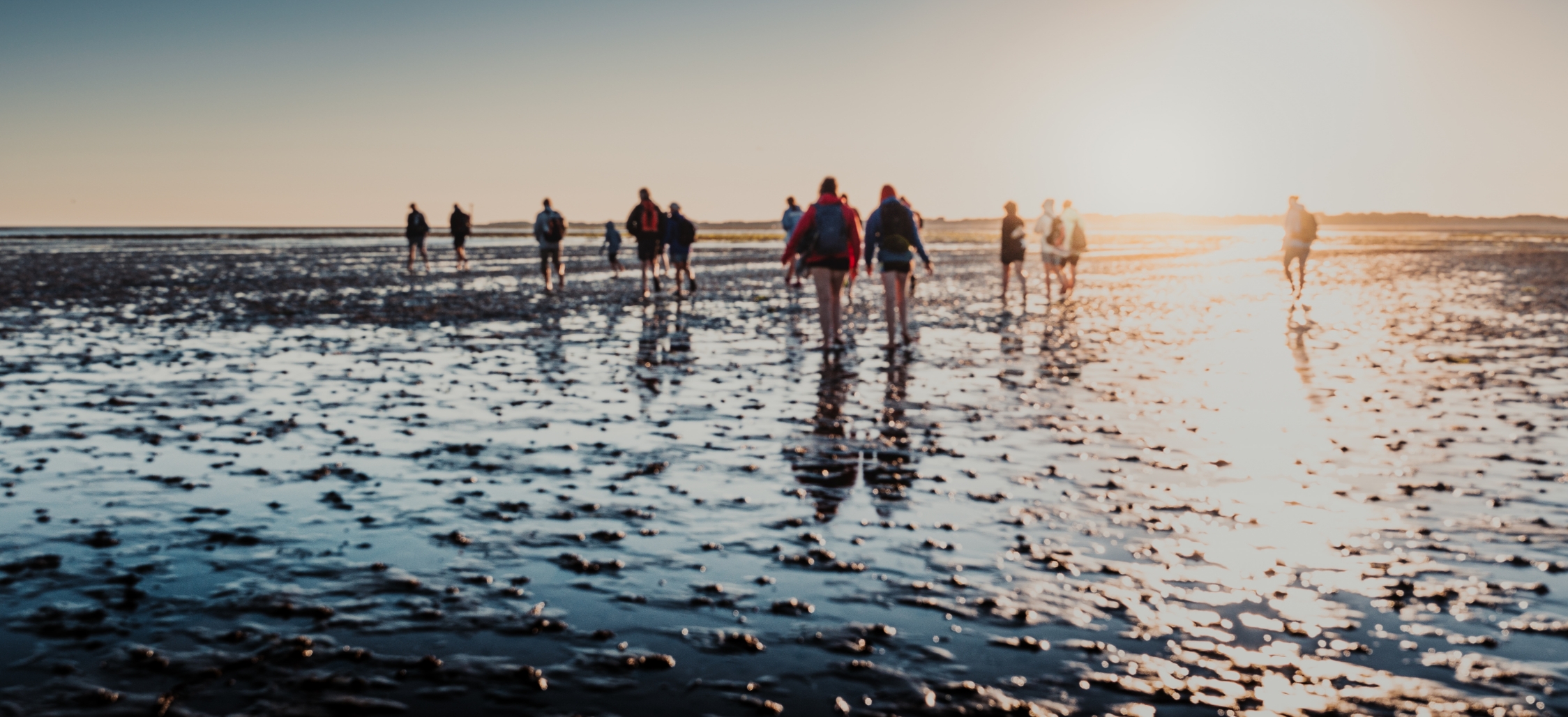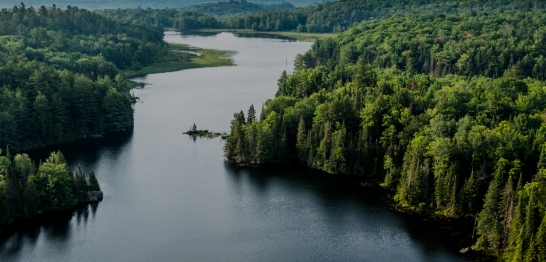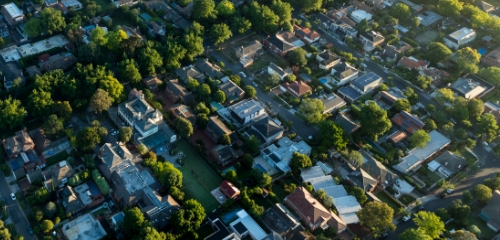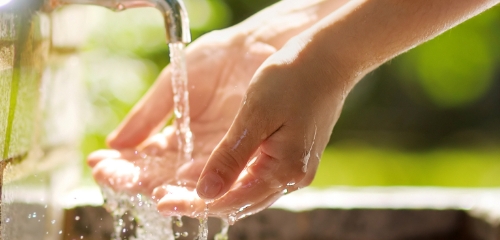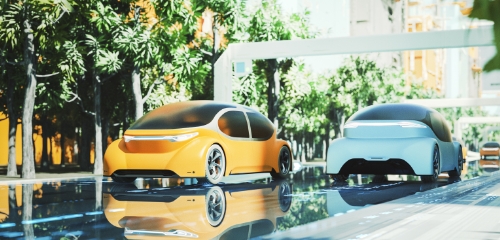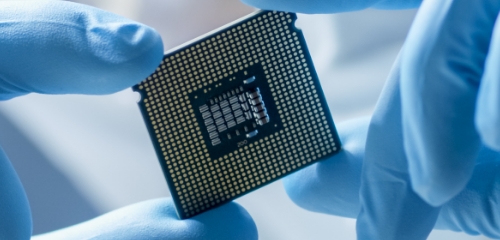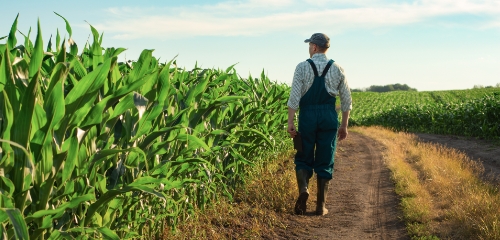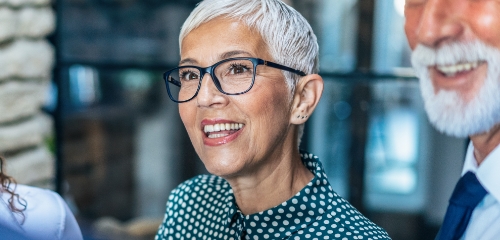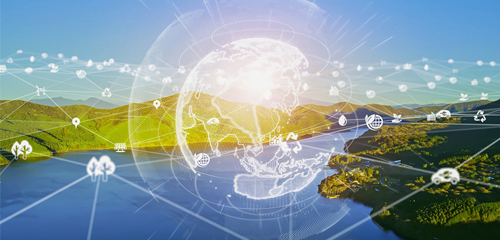Considering relationships
with local communities
and the environment
Creating a healthy and safe society through connections with people and business partners in various countries/regions is one vision the AGC Group is pursuing as a company. To realize this ideal, we are undertaking a wide range of social contribution activities and collaborations in cooperation with local communities and business partners.
Initiatives
Finding challenges and solutions through dialogue with local communities and business partners
Good relations with local communities are essential for companies that do business globally, with coexistence and co-prosperity required at all times. It is also necessary to build and maintain sound relationships among the companies with which they do business. The AGC Group, which operates in more than 30 countries/regions worldwide, always seeks to identify issues through dialogue with local communities and business partners, and actively engages in activities to share these issues and find solutions together.
AGC Vinythai, a manufacturer of chlor-alkali products in Thailand, has been working with local residents since 2003 to protect the beauty of Southeast Asia's seas by taking part in a project to nurture coral reefs. At the same time, AGC's Takasago Plant in Japan is engaged in activities to protect the natural environment and contribute to the local community by, for example, using glass waste from the glass manufacturing process as artificial sand to restore tidal flats.

Coral reef cultivation project by AGC Vinythai (Thailand)
Coral reefs, which provide habitats and spawning grounds for marine organisms, are indispensable for creating a rich marine environment. In recent years, however, coral reefs are said to be in decline due to marine pollution.
AGC Vinythai (at the time, Vinythai) launched the Coral Cultivation Project in 2003 to protect a beautiful sea. A total of 90,000 coral plants have thus far been planted at five coastal locations in the Gulf of Thailand as Phase 1 and Phase 2. The project has been highly appreciated by local communities, not only for its contribution to biodiversity conservation in the Gulf of Thailand but also for its ability to increase the income of people living near the beaches through ecotourism. Starting in 2019, we have been working on Phase 3, expanding the coasts covered by the project. As part of this, approximately 200 people, including government officials, navy personnel, scholars, local residents, the Marine Science Activities Protection Foundation, and employees of AGC Vinythai, gathered on Ko Mak Island in Thailand's Trat Province on October 27, 2020 to launch a coral reef cultivation project on the island. The coral reef cultivation project usually attracts about 10,000 participants each year, but the 2020 event was held on a smaller scale due to the COVID-19 pandemic. At this assembly, (then) President Hiroaki Sano pledged the company's commitment to the protection of marine and coastal resources.
Hiroaki Sano, President (title at the time of interview)
“We believe that the coral reef-building project of Vinythai, a member of the AGC Group, will be an integral part of Ko Mak Island's vision."
Local residents of Ko Mak Island expressed their delight at the opportunity to participate in the project, and those in attendance commented that it was a good opportunity to learn more about the roles that each of the organizations involved had played in ensuring the sustainability of the coral cultivation project. The coral reef cultivation project also serves to raise awareness of the safety of PVC, as pipes made of PVC, one of AGC Vinythai's main products, are used as coral nursery beds.

Held a seminar entitled "Our Role in Coral Conservation"
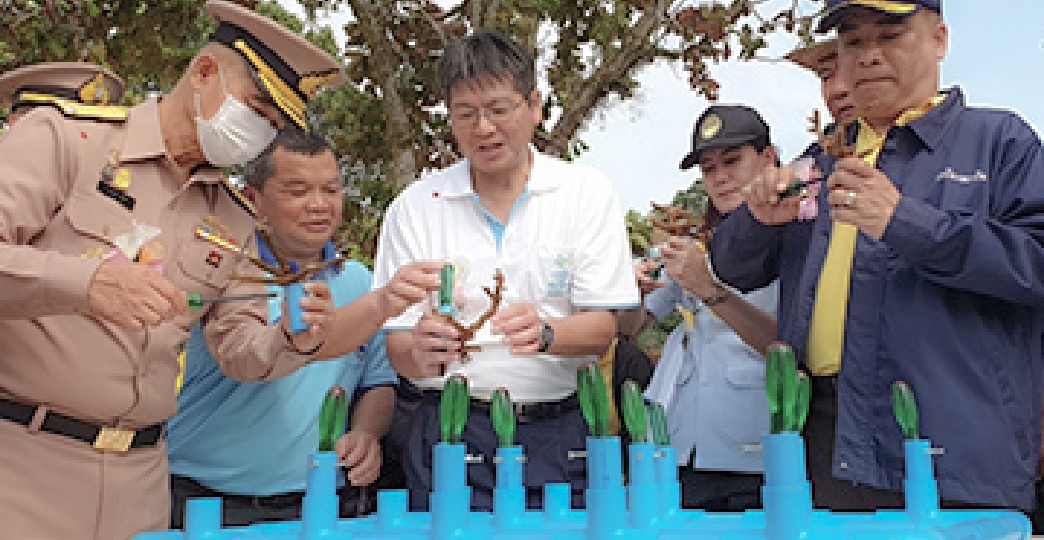
All participants experienced coral cultivation using PVC pipes
Using glass cullet to create a treasure trove of living things Protecting tidal flats
The AGC Group's glass business generates glass waste called glass cullet in the manufacturing process. Glass cullet is mainly recycled as a raw material for asphalt, but the AGC Takasago Plant is working to restore artificial tidal flats by converting glass cullet into artificial silica sand.
Tidal flats not only provide spawning grounds for aquatic organisms and a growth environment for juvenile fish but also play an important role in the purification of seawater by decomposing organic matter in the water, absorbing nutrients and carbon dioxide and supplying oxygen. The objective of this artificial tidal flat restoration is to cover the seafloor with clean sand to suppress the leaching of nutrients from the seafloor, purify the water quality by supplying oxygen, and restore a diverse biota. To use glass cullet as silica sand for tidal flats, it is necessary to meet the criteria for submerged sediment by eliminating corners (making it edgeless) so that people and animals will not get hurt if they step on it. The glass cullet generated at AGC's Takasago Plant is made edgeless using equipment called a mill sizer and used in artificial tidal flats after confirming that it has cleared elution tests. This activity is being pursued as a demonstration technology under the Environmental Technology Demonstration Project sponsored by the Ministry of the Environment.
An overview of the project can be Foundhere.
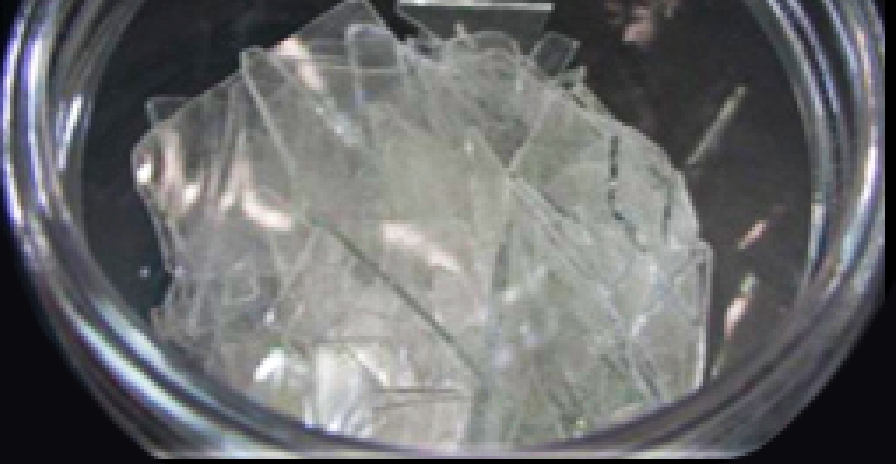
Glass cullet
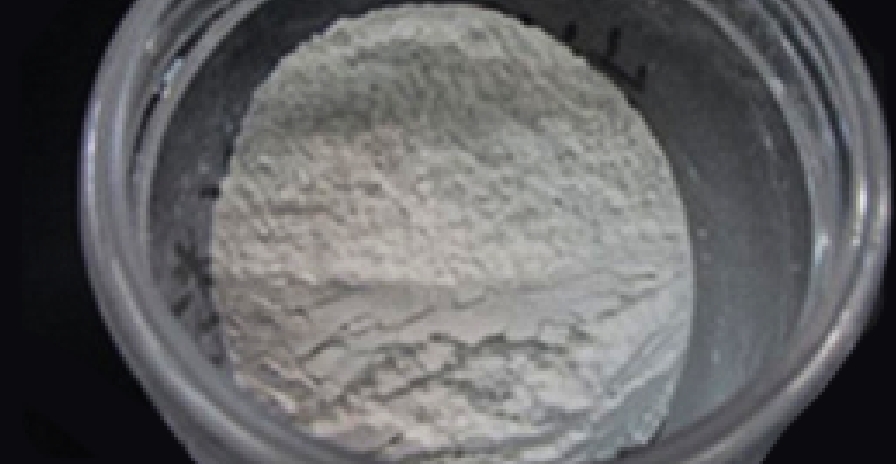
Glass cullet after grinding
